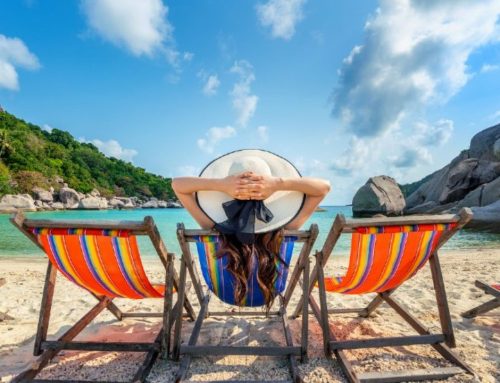Sahara Dust
The Saharan Air Layer, better known as Sahara dust, is a layer of the intense, dry, warm and sometimes dusty atmosphere that often covers the air of the Atlantic Ocean.
This phenomenon can occur at any time of the year, but is usually associated with hot air that was found on the islands during the summer months, ranging in time scale from a few hours to a week.
In this occasion we share some recommendations to be taken in consideration.
Recommendations of the Pan American Health Organization OPS:
1- Wash with plenty water.
2- People with respiratory diseases (Asthma, Allergies, Allergic Rhinitis, among others) Adults, pregnant women, the elderly and children, should wear protective clothing (Masks or wet handkerchiefs) to cover the nose and mouth.
3- If you have foreign body sensation in the eyes, wash with plenty potable or boiled water.
4- Use sunglasses when exposing to the sun’s rays.
5 – Cover the water sources, places of storage to avoid contamination.
6- When sweeping houses, moisten brooms to prevent dust from spreading and accumulating elsewhere in the house.
Polvo de Sahara
La Capa de Aire Sahariana, mejor conocido como Polvo de Sahara, es una capa de la atmósfera intensa, seca y cálida, a veces cargada de polvo que a menudo recubre el aire del Océano Atlántico.
Este fenómeno puede ocurrir en cualquier momento del año, pero se suele asociar con el aire caliente que se encontró en las islas durante los meses de verano, que van en escala de tiempo de unas pocas horas hasta una semana.
En esta ocasión les compartimos algunas recomendaciones a tomar en consideración.
Recomendaciones de la Organización Panamericana de la Salud. OPS:
1-Lavarse con abundante agua.
2-Personas con afecciones respiratorias (Asma, Alergias respiratorias, Rinitis Alérgicas, entre otras) Adultos, embarazadas, envejecientes y niños, deben usar protectores (Mascarillas o pañuelos húmedos) para cubrir la nariz y la boca.
3-Si tiene sensación de cuerpo extraño en los ojos, lávese con abundante agua potable o hervida.
4-Utilizar gafas de sol cuando se vaya a exponer a los rayos solares.
5-Cubra las fuentes de agua, lugares de almacenamiento para evitar contaminación.
6-Al barrer en las casas, humedezca las escobas para evitar que el polvo se propague y acumule en otros lugares de la casa.







